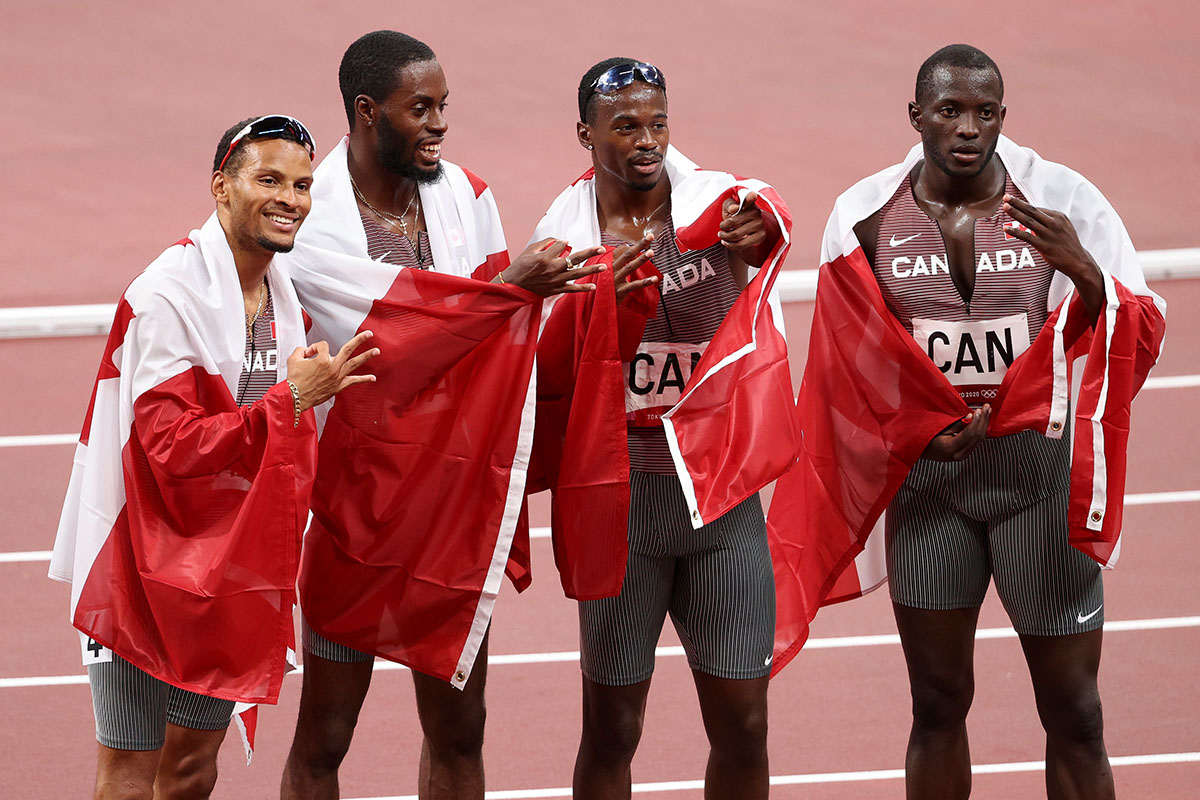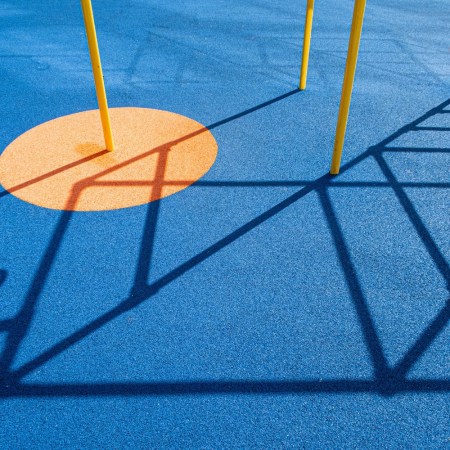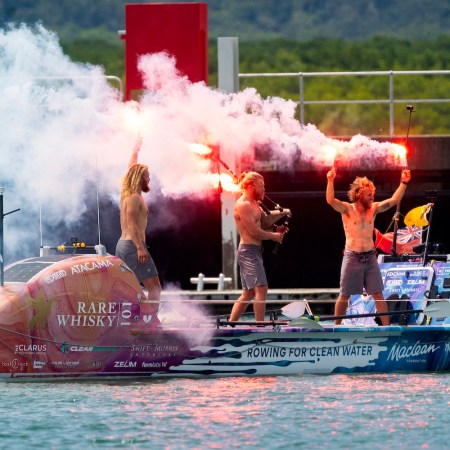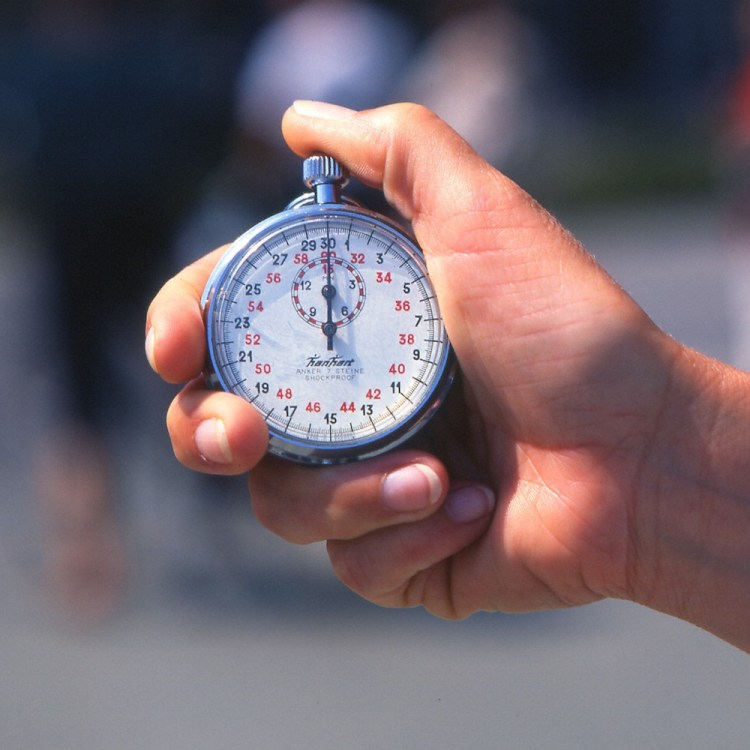The Great White North is a predictable powerhouse in the realm of winter sports. Canada has finished top five in the Winter Olympics medal count for every round of Games since 1998. The country hasn’t placed lower than 15th in 50 years, and when it hosted the world in Vancouver in 2010, it paced the entire field with 14 gold medals.
But the nation hasn’t always fared so well at the Summer Olympics. Considering the number of athletes it sends to the warmer sports every four years — around 300 or more every contest since the 1984 Games in Los Angeles — Canada has long posted middling finishes. From 1996 (Atlanta) to 2016 (Rio de Janeiro), Canada’s medal count placed them: 21st, 24th, 21st, 20th, 27th and 20th, respectively.
Last year, though, Canada might’ve had a breakthrough. It sent 381 athletes to Tokyo, its second-highest contingent ever, and finished 11th in the medal count. Canada also seven gold medals, which is three more than it would win in Beijing this past winter. What happened?
Amidst several other important variables — most notably, an epic showing from Canada’s female athletes — the country’s investment in building mentally resilient sportsmen and women appears to be paying off. In 2019, a Canadian non-profit called Own the Podium (dedicated to achieving its namesake) commissioned an elite task force of sports psychologists to investigate the relationship between psychology and performance.
The mission: how to bottle and replicate the attitude of an unflappable/unstoppable athlete? In an essay for Outside Online, Alex Hutchinson rightfully anointed Eliud Kipchoge as the perfect modern example — the Kenyan long-distance legend never seems overwhelmed by training or competition. He seems to float through it all, unperturbed, eager to push further and drop his times even lower.
The six sports psychologists reported their findings to Canadian sports governing bodies in 2020 and officially published them in the Journal of Applied Sport Psychology towards the end of last year. You could read the full report, or you could just take a look at this chart, which offers an efficient summary.
“The Gold Medal Profile for Sport Psychology,” as they call it, is headed by three overarching categories: Fundamental, Self-Regulation and Interpersonal. Each has their own unique subsets:
- Fundamental: Motivation, Confidence, Resilience
- Self-Regulation: Self-Awareness, Stress Management, Emotion and Arousal Regulation, Attentional Control
- Interpersonal: Athlete-Coach Relationship, Leadership, Teamwork, Communication
The top category, “Fundamental” (colored gold in the chart to indicate it should be the foremost priority), probes at some of sports’ more existential questions — the sort that can sabotage an Olympic campaign, if someone isn’t answering them the way they once did. For instance: Why am I doing this? Do I believe that I can do this? If I suffer an injury, do I have the will/desire to rehab and get back to doing this? From there, the framework delves into an athlete’s response system to stressors, their ability to minimize distractions and their penchant for accepting and absorbing the elements of competition that they can’t control.
Canada’s sport governing bodies now use this rubric with the country’s top athletes; they’ll assign themselves a score, the coaches will too, and the whole process will repeat itself throughout training, as a method for monitoring mental health/awareness/resilience right in line with measuring one’s VO2 max, mobility or reaction time. Is it a perfect system? No, not yet. But at a time when we’re (rightfully) paying more attention to the psychological element of sports more than ever before, well done to Canada for formalizing the process. Watch out for the team in red come Paris 2024.
The Charge will help you move better, think clearer and stay in the game longer. Subscribe to our wellness newsletter today.



















